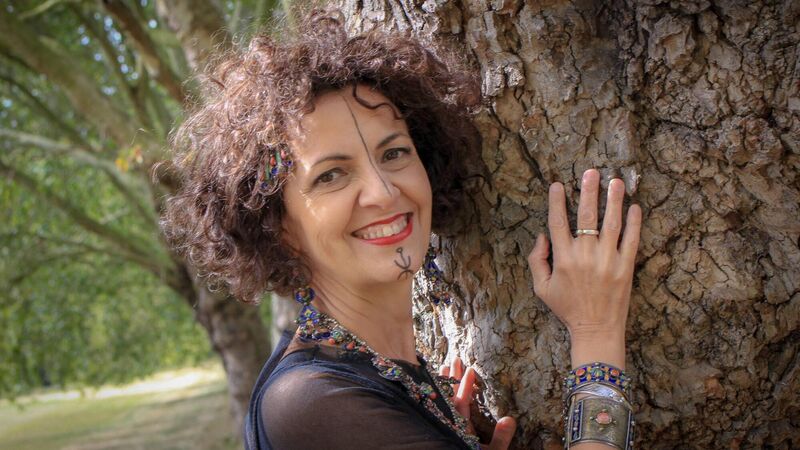Iness Mezel brings Berber sounds to Finding A Voice festival

Iness Mezel is one of the singers at the Finding A Voice festival. Picture: Yuka Kasahara
The celebrated North African singer/songwriter, Iness Mezel is one of the performers at Finding a Voice, the women in music festival taking place at MTU Cork School of Music as well as venues in Clonmel.
Paris-born Mezel, who “on paper” is French, is of Berber origin stemming from Algeria. Her mother is French-Italian. She sings accompanied by traditional percussionist, Nora Abdoun. Abdoun plays the Bandir, a drum-type instrument that is similar to the bodhrán, although it is played with the hand rather than with a stick.




